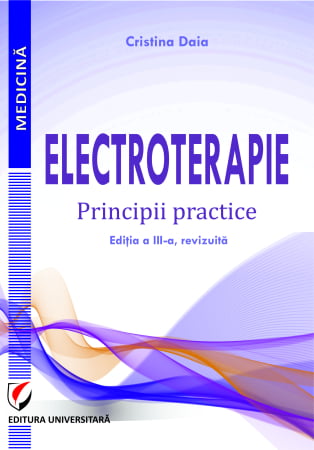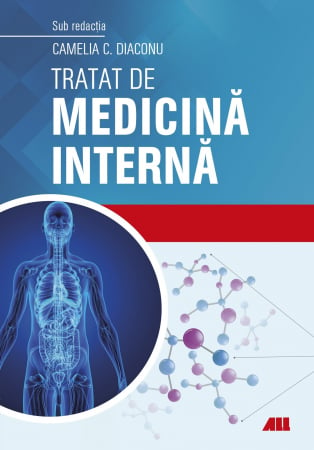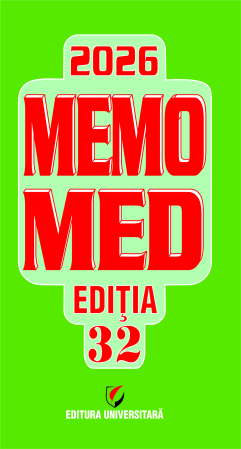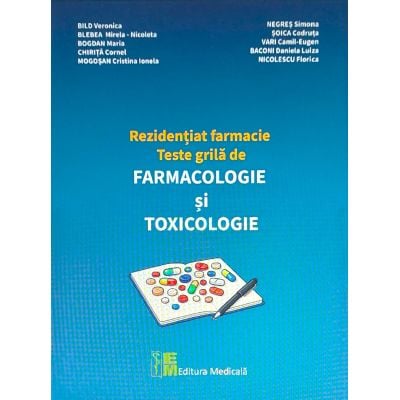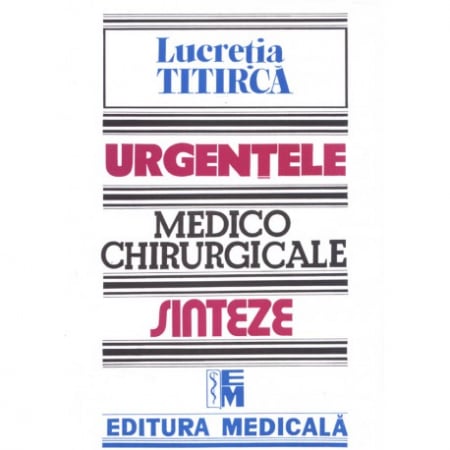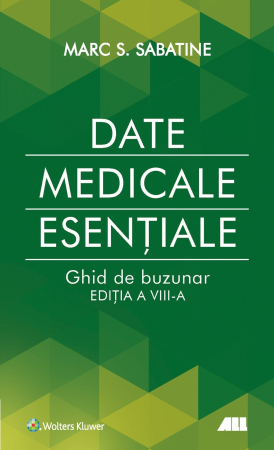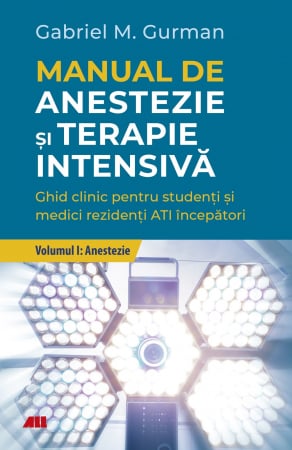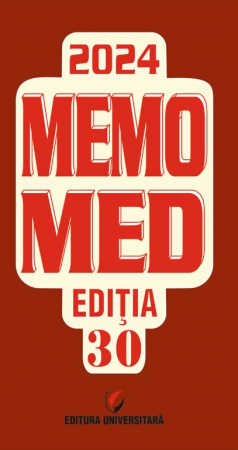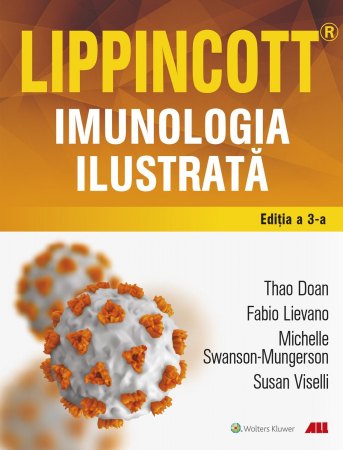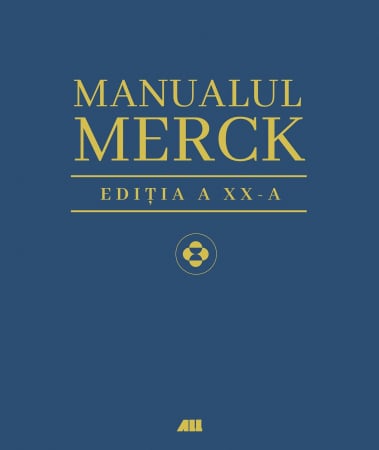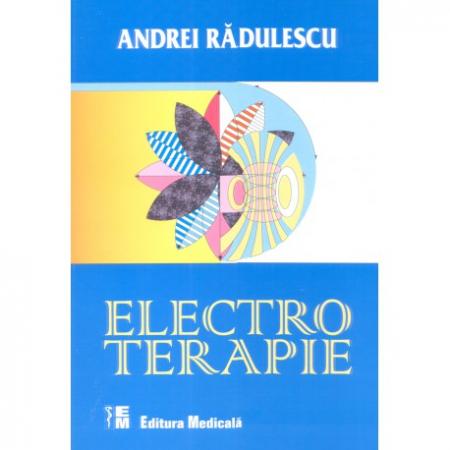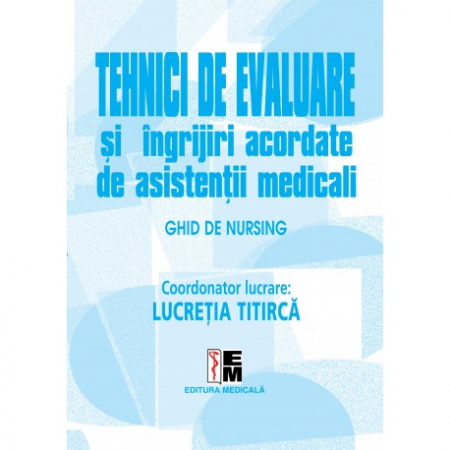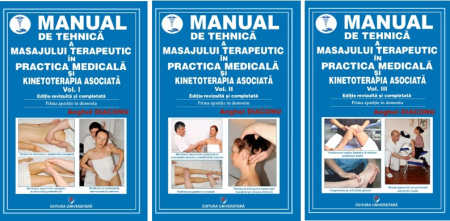ISBN: 978-973-88194-5-0
Publisher year: 2009
Edition: I
Pages: 408
Publisher: Editura Universitară
Author: Dumitru Dobrescu
- Description
- Authors
- Reviews (0)
This book is addressed to:
- Physicians and pharmacists trained in official universities with allopathic band;
- Medicine and pharmacy students who want to extend their knowledge;
- Those who know that Homeopathy is a therapeutic method and are willing to look for another angle and accept that it can be a branch of science;
- Those who know nothing about homeopathy and want to be informed without preconceptions;
- Those categories of intellectuals who want to understand something of the complexity and beauty of nature, human beings and the relationships between nature and man;
- All those willing to know and eventually to accept things and new ideas.
Charter is addressed to:
- Those people, regardless of their training, which is considered too smart to waste time reading about controversial things;
- Those who make judgments without knowing the background of problems;
- Those who are not willing to think and accept me.
They had better not read the paper and remain in their habits.
But not to blame!
"The research is to see what they saw as all and not think anybody thought"
Albert Szent-Gyorgyi
Bioenergetics, 1957
I wrote this book in celebration of 80 years of life and 60 years of professional activity. The book contains a synthesis of hypotheses, experiments, results and conclusions of many years of questions and tests, and indrazneli hesitation, doubt and certainty in the laboratory, clinic, outpatient. Since 1977, when I first introduced the term pharmaco in a book of pharmacology, were 30 years we have ahead step by step (-1979 Pharmacoepidemiology, Pharmacology ecological - 1994; Pharmacology homeopathic - 2007), in a life dedicated to medicine and endeavors to obtain maximum benefit from it with minimum risk.
Pharmacologic activity is medical science that studies the interrelation of medicine and body, and use of drugs to treat the suffering body.
In accordance with the laws of nature, there are two kinds of medicines: allopathic and homeopathic.
Them properly, there are two branches of pharmacology, allopathic and homeopathic.
Synonyms of homeopathic pharmacology.
PHARMACOLOGY INFINITEZIMALULUI
ECOLOGICAL PHARMACOLOGY
PHARMACOLOGY INFORMATION
NANOFARMACOLOGIE
General pharmacology studies homeopathic phenomena, concepts, general laws on the interrelations between humans and homeopathic medicine under their various aspects.
We found that Homeopathy is homeopathic pharmacology by revelation. I can not say when this took place at that particular time. Inclined to believe that happened gradually, remembering that, during life, I opened successively, several door of the mysteries of nature. Each of them held me in front of the new spirit seeker always other ways, which led me to the next door. These doors and horses are given the front page of the book.
The first edition of this book, published in March 2007 was also the first book in the world, in the field. It can be considered as representing the foundation and construction of a new science, that of relations with body homeopathic medicine, the foundation put on classical homeopathy Hahnemann.
As a world premiere and considering the particular subject that refers to a subject little known and / or currently controversial, lack of knowledge ("Those who praise homeopathy have always a more accurate knowledge than those who denigrate" - Pierre Vannier ), we find it useful to include more than the specific content of new science. Therefore we designed an unconventional book and introduced the first part, the introductory chapters, containing phrases, arguments, justifications, to prepare a land aperceptiv, proper understanding of issues and data that provide many vital formative nature, and philosophical information. The idea has proved inspired, so that the opening is maintained and the third edition, with some additions.
* * *
After the appearance of the first edition of the book followed naturally book launch and analysis. These were made on several occasions. With each presentation but in the meantime, I pondered long over the content of the book and many new ideas have emerged, which we noted in the introduction of the third edition which is revised and added, with substantial improvement from the first edition.
Also, convinced obvious analogy between the allopathic and homeopathic medicine, I find it useful to make a closer analysis of their evolution over the past 200 years, the discovery of homeopathy. I prepared an essay entitled "XXI century medicine," which I published in 2009 and republished Memomed, revised and added, in Memomed 2010 and 2011. The essay is published in the third edition of general homeopathic pharmacology, in Annex.
I would not have made hard work and perseverance for the design, development and publication of these texts, if I had firm belief in the truths about the two types of medication, in flawless logic of their presentation in their inestimable value of human health care, their most valuable asset, along with life.
At the same time, I did not expected any time, as my new ideas and concepts quickly and be accepted by many fellow. But I believe it will take about four years and my efforts will have gone virtually unnoticed.
Especially as, in the materials mentioned, it was not a new drug discovery, which could bring relief to hundreds of thousands or millions of patients. And no other news of similar size.
It changed the course of history of medicine worldwide, and thus of human health. It is impossible to estimate the share of different set of causes and factors which contribute to maintaining the current situation, in fact, keep out of medicine homeopathy. Unfortunately, the causes and factors found in all categories that may have adverse influences: homeopathic physician, allopathic physicians, health authorities or other areas, people outside the medical profession. Equally, all these factors are responsible in front of the history of humanity and caused huge evil men.
Homeopathic doctors are guilty of perseverance they say homeopathy modernization and entry among medical sciences, preferring to practice therapeutic method with a 200 years old, which would have to permanently renew in time, the model allopathy.
For my entire book is clear that homeopathy has to survive, but anyway, in any case the current form. Homeopathy has to become what is in reality, homeopathic pharmacology, medical science, allopathy and pharmacology allopathic analogue. Homeopathy should be rebuilt, but the only way, in the end, homeopathic pharmacology. A typical example: all provings should be restored after proving the modern rules (see Annex 2) will be the only way to eliminate all unreliable data from actual provings, which represents 6-55% of the content covered in existing books Materia Medica.
Allopathic doctors are guilty of immobility in understanding homeopathic healing virtues and their remarkable utility. Doctors professors of medicine and pharmacy universities in all countries, are guilty not accept that homeopathy should be taught as a compulsory subject in all students. This would result in the ability of all physicians to prescribe, equally, allopathic and homeopathic medicine, both in outpatients and in hospitals, guided solely by optimal therapeutic indications for each patient.
People outside the medical profession afford to judge homeopathy in the various ways and through various ways, are engaging in to address all kinds of invective, of course without valid justification.
Often, when I think of homeopathy in the world situation, I feel like living in reality, what would it be called "200 years war." Probably one of the longest in history, which is still ongoing and probably will not ever end if the two sides will understand and will not accept that both are the expression of natural laws and that their destiny is to complement each other and bring together public health services.
In this area, uncontrolled passions of people sentenced them never be winners or losers, but to struggle ceaselessly, without reaching a real victory.
Of allopathy and homeopathy is war, began immediately after the discovery of homeopathy. Like all wars, is an absurdity, because it is caused by misunderstandings between people based on subjective opinions. In reality, both allopathy and homeopathy there for objective laws of nature express, which are immutable and perennial independent of people's subjective opinions. Without the ability to distinguish reality only, as is clear from the laws of nature, some people have "their reality" that is irreconcilable with the "reality of others".
* * *
In the four years since the appearance of my first book of homeopathic pharmacology, living in a permanent sense of helplessness. This is natural because not receive the slightest sign of encouragement, but are forced to confront more and more opposition, some even from those who I would not be expected in any way.
In 2008, I attended the Congress of the International League homeopathic physician in Ostend, Belgium. A section of the Congress was entitled Pharmacology. I was surprised knowing that the majority are against homeopathy and pharmacology have not yet met a pharmacologist who accept and practice homeopathy as I do.
I was convinced that the ideal situation is to present my ideas about homeopathic pharmacology. I had an argument palpable. That is printed English version of my book "Pharmacology homeopathic general." I sent the book for the president of the congress organizing committee and a flyer presentation of the book and I asked me to schedule a conference with a plenary session of the congress. It was a unique opportunity for homeopaths around the world to get acquainted with innovative ideas and discuss them, as would be considered each. What other purpose could be an international congress that required more than me? To my surprise, I was included in the congress program, the penultimate day afternoon, when at least two thirds of participants had left and in a secondary room. But the misery did not stop there. The day before the scheduled time, when I went to teach stick with slides, I was told I was rescheduled for supporting my work on the last day, in the smallest room. Obviously, most participants had left, so I had an insignificant audience. Nothing in these conditions have not been spared. The moderator urged me to respect the time I booked 20 minutes. After I attended a presentation of the host country, which, instead of 20 minutes was allowed to speak for an hour and a half, a very minor issue compared to mine.
* * *
The same indifference I had it and in my country. After the appearance of my book, "first world", so an event does not occur every week or month, we wanted to make the book launch in a joint session of the Romanian Academy and the Academy of Medical Sciences, a member of both I and understanding to make my contribution to the affirmation of their role of high scientific forums. After more than a year after surgery I was able to have the necessary approvals and to schedule a joint session. I sent personal invitations to all heads of departments at the University of Medicine and Pharmacy in Bucharest and other institutions that might be interested. On launch day I was honored but a few of the teachers invited. Even if they were busy, I would be expected to send every one of their subordinates, which did not happen.
Thus, remained unknown Pharmacology homeopathic doctors and teachers.
* * *
I could not hold to relate these reprehensible acts, which dishonors ideas and institutions that should be models of honesty and dignity in the vanguard of progress. I did the story to emphasize that, unfortunately, in draining years of human history, most people are so limited and comfortable, so do not learn anything from life experiences. The phenomenon is general in all sections of society. Met in many ways, with all sciences. There he met and drug researchers. Here's proof. By the mid-19th century, knowledge about "medicinal substances" known (most plants and natural substances) were described in the book of "Materia Medica" and students are taught by clinicians.
A young graduate of the University of Leipzig, Rudolf Buchheim (1820-1879) had the idea to base a science of medicine, pharmacology. He tried at several universities in Germany, but was refused telling him that the drugs should be taught to students by clinicians, and their use in treatments. In 1849 Buchheim, with 29 years, managed to establish, at the University of Dorpat (located on the territory of present Estonia), the first Department of Pharmacology. Subsequently, all opposition faculties of medicine, Buchheim returned to Germany. The best of his students, Oswald Schmiedeberg (1838-1921) was appointed in 1872 Professor of Pharmacology at the University of Strassburg, where he was one of the most valuable schools of Pharmacology in the world.
History repeats itself at the beginning of XXI century homeopathic pharmacology. When my book appeared "General Homeopathic Pharmacology" in 2007, I sent a letter to the rectors of universities of medicine and pharmacy in Romania, with the request to examine the possibility of introducing new science, at least as optional discipline. I have not received any response, positive or not, although I was a young man of 29 years, but a professor Buchheim established in over 60 years of fruitful academic career. You might mention here about the trivial and obsolete idea that the lessons history has the gift to arouse indifference.
Any comment is useless. The future remains to show us what will happen with homeopathic pharmacology.
Dumitru Dobrescu,
Professor dr. Dr. of Pharmacology and Homeopathy,
Member of the Romanian Academy,
Member of the Academy of Medical Sciences
January 2011
By the same author
One author
- Pharmacodynamics. Practical work. Didactic and Pedagogic Publishing House, Bucharest, 1967 (365 pages).
- Pharmacodynamics. Didactic and Pedagogic Publishing House, Bucharest, 1970 (556 pages).
- General Pharmacodynamics. Programmed learning manual, Didactic and Pedagogic Publishing House, Bucharest, 1972 (204 pages).
- Pharmacodynamics. Revised second edition. Didactic and Pedagogic Publishing House, Bucharest, 1977 (588 pages).
- Pharmacotherapy. Medical Publishing House, Bucharest, 1981 (1053 pages). Victor Babes of the Romanian Academy Award. The book has an original structure and contains the chapter "Pharmacoepidemiology", for the first time in international literature.
- Pharmacotherapy practice. Medical Publishing House, Bucharest, 1989 (2 volumes, 1058 pages).
- Gerontofarmacologie. Mondan Publishing House, Bucharest, 1995 (369 pages).
- General homeopathic pharmacology. Minesan Publishing House, Bucharest, 2007 (267 pages) The first book with this title in the international medical literature
- General Homeopathic Pharmacology. Edit. Tarus Media, Bucharest, 2008 (271 pages)
- Pharmacologie Homeopathique G

6359.png)
![Homeopathic Pharmacology - Volume II - Respiratory [1] Homeopathic Pharmacology - Volume II - Respiratory [1]](https://gomagcdn.ro/domains/editurauniversitara.ro/files/product/large/farmacologie-homeopat-volumul-ii-aparatul-respirator-2361-323959.jpg)
